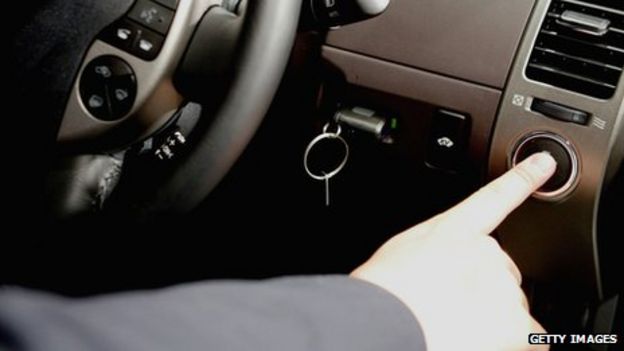I had my Interim Review with 'The Car People' on Monday (16th). I went prepared with additional research (inc. a 2nd questionnaire), further sketch ideation & development, a supplementary sketch-model of one of my concepts and an existing product to compare it with.
I am pleased with the outcome of the review and feel better equipped to complete the rest of the project as a result. Now I just have to decide whether to create an aftermarket universal steering wheels lock concept, or a steering wheel lock which can become an integral part of the interior when not fulfilling its primary purpose.
*Edit 26/11/2015:
Our class received their individual feedback from 'The Car People' from our interim reviews the previous week. My feedback was as follows:
Leslie
He without doubt put a great effort into the research. It will be interesting to watch if
he can resurrect an old and proven security device into today’s digital, technological
world. His blog doesn’t really do his research justice.
- 27 October 2014
- From the section Technology
 In August, London's Metropolitan Police left leaflets under windscreens, warning BMW owners their cars were likely to be targeted, according to a recent
In August, London's Metropolitan Police left leaflets under windscreens, warning BMW owners their cars were likely to be targeted, according to a recent 


























































